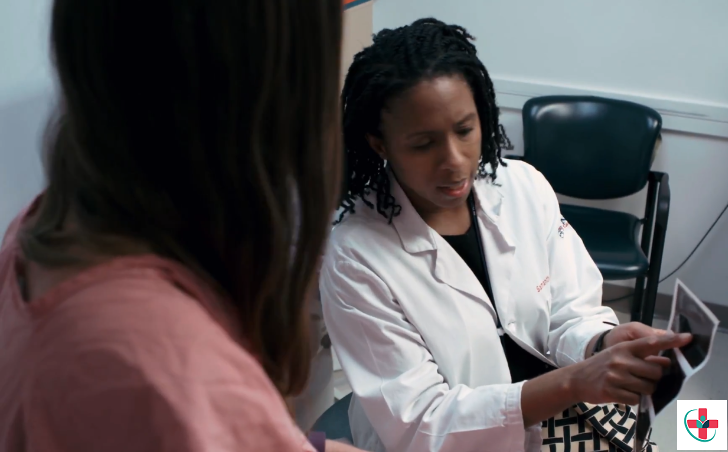For women, health risks vary according to age, lifestyle, race, etc. These top 12 conditions, however, are vital to discuss since these health issues are rampant and are affecting a lot of women today.
Reproductive Health
The biggest risk factor that causes both sexual and reproductive health problems is unsafe sex. Women with ages 15-44 in developing countries are considered to be at the greatest risk and are often the target of government-initiated reproductive health services.
Cancer
Both breast and cervical cancers are the most common types of cancer that inflict women. Lifestyle, alcohol, bad nutrition, smoking, and avoiding fitness activities are considered as the main triggers for breast cancer. For Cervical cancer, multiple sex partners, bad hygiene, multiple pregnancies, and low nutrition, are the risk factors. Survival highly depends on vaccination, early detection through screenings, and treatment.
Maternal Health
Complications during pregnancy and childbirth continue to claim the lives of a lot of women. These complications are preventable and deaths could be lowered if women have better access to family planning services as well as basic maternal health services.
Sexually Transmitted Infections
The increasing number of stillbirths, early fetal deaths, and newborn deaths is attributed to untreated syphilis and other STIs. While gonorrhea, chlamydia, and syphilis are transmitted through unsafe sex, new cases of HIV infections are blamed on the disturbing trend of intravenous drug use.
Fibroids
Although menstrual pain is pretty much expected by a lot of women, it is encouraged that a doctor be sought especially when the pain is accompanied by very heavy bleeding. Fibroids could be the culprit behind it. Fibroids are abnormal growths inside the uterus that can grow up to several kilograms. While they occur naturally, large ones may cause pain during sex, urgency in urination, and even infertility to some women.
Urinary Tract Infection
Having a shorter urethra is the reason why women are more prone to developing urinary tract infections than men. Basically, germs can easily travel upwards to the bladder and cause cystitis when the lower urinary tract is affected and pyelonephritis if it is the upper urinary tract that gets affected. Both can cause a burning sensation during urination and a woman may also have a high fever in severe cases.
Anemia
Heavy menstrual bleeding, pregnancy, vitamin deficiencies, and poor eating habits are most likely to cause anemia in women. While the condition can be corrected, those who chose not to mind it will experience extreme tiredness, skin paleness, brittle nails, and shortness of breath even with simple daily activities.
Heart Ailments
Contrary to common instances where middle-aged men are pictured out as soon as heart diseases are mentioned, these ailments affect women too. In fact, a lot of women die from heart disease than both breast and cervical cancers. A lot of factors contribute to developing heart illnesses. Common ones are irregular meal times, lack of exercise, poor diet, smoking, alcohol, and increase the use of contraceptives.
Osteoporosis
Weak bones lead to fractures. Vitamin D deficiency and low calcium in the diet are the culprits for osteoporosis. Women, especially those who are active are required to have plenty of essential nutrients that are needed to have healthy bone health. Iron, folic acid, calcium, and exposure to sunlight are a must as well as maintaining a healthy weight, minimizing alcohol intake, and avoiding cigarette smoking.
Arthritis
Another common misconception is that arthritis is more common in men. The truth is that women are more widely affected than men especially those who are above 40 years old. Arthritis affects the joints where the cartilage succumbs to wear and tear or an overactive immune system causes inflammation to the area.
Depression
More than the painful emotional effects of depression, the condition is actually physically debilitating where a woman fails to function normally. Hormonal changes are most likely to blame why there are more depressed women than men. Baby blues or postpartum depression is very common and affects almost 80% of new mothers.
Obesity
Being overweight and obese generally yields a multitude of complications like heart diseases, stroke, diabetes, menstrual abnormalities, infertility, miscarriage, and increased risk for infections. It is highly suggested for women to stay fit by being active through regular exercise and to always follow a balanced and healthy diet to reduce weight and avoid developing obesity.
It is important that every woman take time to learn and understand about these health issues. Being informed is the only way to encourage anyone to take preventable measures, like a major lifestyle change, in order to keep these illnesses at bay.

